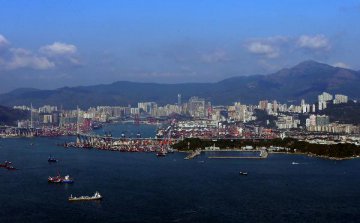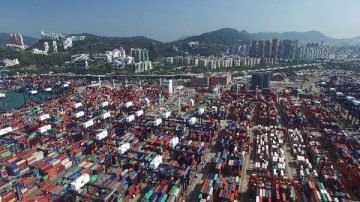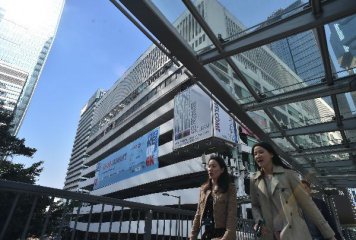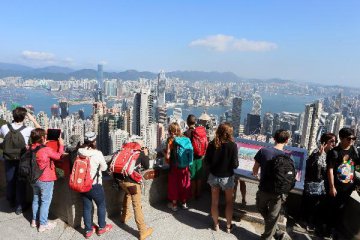
KPMG forecasts the Hong Kong SAR Government will record a consolidated budget surplus of HKD56.4 billion for the fiscal year 2018/19, 62 percent higher than the government’s revised estimate of HKD34.9 billion. The increase is mainly driven by higher-than-expected revenues from land sales.
The forecast-beating surplus is expected to lift Hong Kong’s fiscal reserves to roughly HKD1.2 trillion by the end of March 2019, which is equal to about 34 months of government recurring expenditure. KPMG believes the government is well positioned to introduce various incentives to further promote the development of Hong Kong as a smart city and leverage on the Greater Bay Area (GBA) opportunities.
“The recurring-higher-than-expected revenue is driven by strong income from land sales, but in light of global uncertainties as well as rising expenditure on infrastructure, social welfare and medical services, the government should take the lead in diversifying opportunities for more sustainable development,” said Alice Leung, Tax Partner, KPMG China.
Since the government published its Smart City Blueprint in 2017, a considerable amount of funding has been allocated to different projects. To further enhance the living environment, technology and innovation, healthcare services, education and energy efficiencies, KPMG proposes additional tax incentives in order to attract private investments, for example a special tax loss relief to support taxpayers investing in startups.
Additionally, KPMG proposes extending the enhanced tax deduction on research and development (R&D) to plant and equipment. Extra deductions for companies employing qualified data analysts and cybersecurity specialists are also recommended.
To build a more liveable and greener smart city, KPMG supports offering tax incentives for energy-efficient buildings, and a 50 percent profits tax exemption for qualified recyclers and waste management companies for a period of five years. A levy on glass bottles may also encourage recycling.
Tax incentives will also enable corporates to leverage on the GBA opportunities. “A key focus of the GBA is the transformation of the region into an innovation and technology hub,” said Stanley Ho, Tax Principal, KPMG China. “Extending the current super tax deduction to Hong Kong taxpayers outsourcing their R&D activities to sub-contractors in the GBA will allow companies to leverage the talent pool and available technologies in the region. This will also further promote collaboration between Hong Kong and other cities in the GBA.”
Meanwhile, Hong Kong is expected to play a leading role in promoting the development of finance, trade, logistics and professional services in the GBA, and KPMG suggests introducing tax incentives for corporations setting up regional
headquarters in Hong Kong. For example, providing a concessionary tax rate at 8.25 percent (half of the ordinary profits tax rate) to qualifying income could help attract new business to the city, creating more job opportunities and attracting capital inflow.
Separately, KPMG proposes introducing a primary home rental deduction of up to HKD100,000 per annum to assist with living costs. Other recommended measures for the middle class include tax deductions for working families hiring domestic helpers, and those seeking help from grandparents to look after the families.
Leung concluded: “While it is important for the government to maintain a stable economy in light of increasing challenges and global uncertainties, it is also important that we have a long term vision and goals to achieve economic growth. We see smart city and GBA initiatives providing significant growth potential. Importantly, for Hong Kong to continue playing its prominent role as a “facilitator” and “promoter” in the region, actions must be taken now to leverage on these opportunities.”























Latest comments